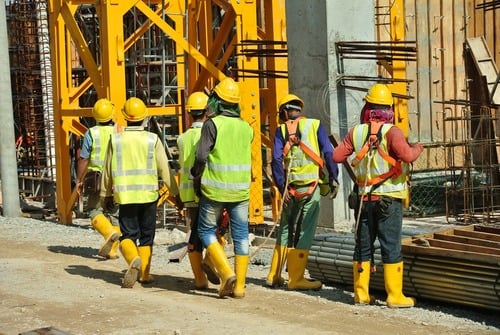Videotape Deposition and Its Importance
The Importance of Deposition
Many people may not understand what a deposition is before they get involved with one. Victims and witnesses alike participate in the deposition process, which is when they get a chance to tell their story from start to finish, typically answering questions. Opposing counsel will be listening to every word that is said and putting pieces together through the evidence they receive from you, as either the victim or witness. The judge will listen to these questions and answers and make a determination of what happens when the deposition is over. It can determine the fates of many.
There are some things that you must keep in mind when a deposition is happening. For instance, you are under oath so you must never lie about the circumstances regarding the case. Your answers are also being taken by a court reporter and you will be able to look back at everything you said during the deposition when it becomes available to you.
Research has been done to determine what the best methods are for deposition. In our modern times, it may be worthwhile to understand that, within the next five years, almost 50% of jurors (that’s an outstanding half!) will be Generation X’ers born between 1966 and 1976, which means that these very same people will be determining very important matters, such as whether or not somebody is going to go to jail because of what they witnessed.
Of course, with these Generation X’ers come expectations to be met. Nobody wants to sit and hear a boring tale of what may have happened the day the crime took place. These same people understand that Conflict and Resolution needs to take place, as with any good story. This is why it is a good idea to handle deposition in a way that allows these jurors to see who did what, what went wrong, and why the crime happened overall. Many jurors want to gain a great understanding of why the defendant did what they did specifically, and what motivated them to take that path.
After much research into the subject, we believe that videotaping deposition is one of the most unique, modern, and compelling ways to preserve the testimony as well as help the jurors feel as if they are involved fully in the process, able to gain the best understanding and tell the truest story from start to finish. Of course, depositions should only be videotaped when there is a legitimate reason to do so, such as a witness that can be used strongly in the case. Having the deposition videotaped in full means that no part is left out. Every single piece of the story is put together and it is under oath so everything within must be true or else it is considered to be illegal. This is something that we expect to see more of in the future, because it is tactical and can bring the best results.


















